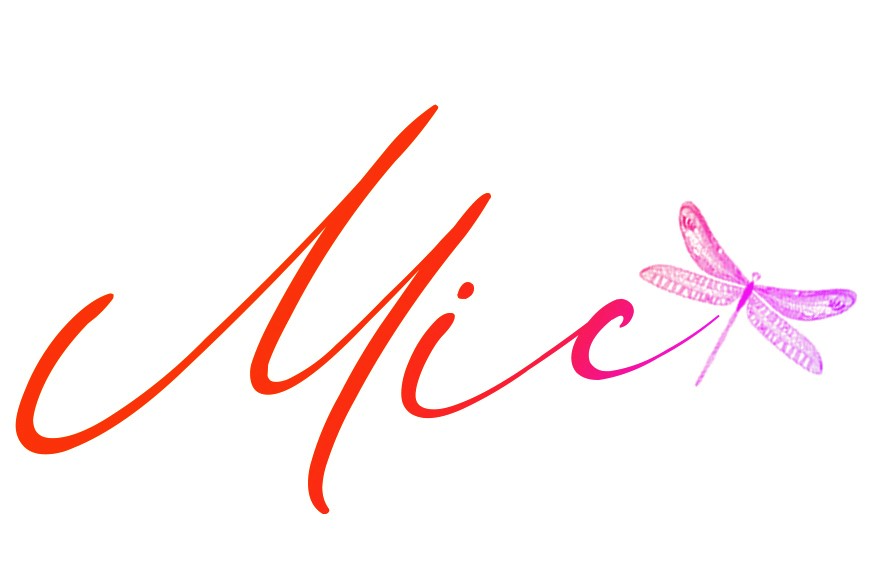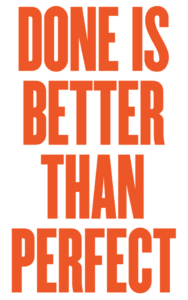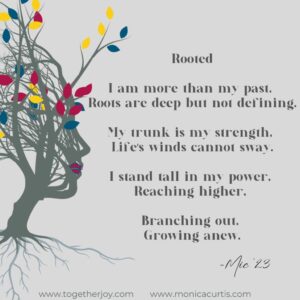
Picture this—a cozy evening spent with one of my besties. We’re lounging around at our favorite place, wine in hand. Life’s challenges hang heavy in the atmosphere, as do the laughter and closeness that only true friendship brings. Then, out of nowhere, my friend looked at me and said something I was not expecting: three powerful words: “I am sorry.”
Her voice trembles with sincerity and vulnerability. At that moment, her apology isn’t just about admitting fault; it’s a heartfelt plea to open up, express remorse, and strengthen our bond. Her words hit me like bricks, stirring up a whirlwind of emotions I can’t ignore.
Initially, my instinct is to brush off her apology, rescue her from the discomfort, and let her off the hook. But then, I remember the wisdom of Simon Sinek, whose talk on ‘holding space’ struck a chord with me. He talks about creating a safe, nonjudgmental space for others to share their thoughts and feelings without rushing to fix or dismiss them. He emphasizes the importance of getting in the mud with our peeps, even when messy and uncomfortable.
So, instead of rushing to minimize her feelings, I take a step back and truly listen. I resist the urge to diminish her emotions and allow her the space to express herself fully. It’s a small yet powerful act of empathy that makes me realize the strength of vulnerability and connection.
By making room for her apology, I’m not just acknowledging her words but allowing her to grow and learn from the experience. In doing so, I stumble upon a valuable lesson that prompts me to pause, reflect, and redirect my actions.

Reflect
Why was this apology so uncomfortable? How often do I say I am sorry? What does this interaction reveal about me? Is it the apology or the forgiveness that I struggle with? Perhaps both.
I admit it—I can be pretty stubborn. Saying sorry doesn’t always flow naturally for me. I tend to dig my heels in on certain principles, but at whose expense—mine, that’s who. And the truth is, a considerable weight is lifted every time I swallow my pride and apologize. Letting go of that need always to be right is a real test of my ego.

Redirect: Lessons Learned
I learned some valuable lessons. First, I don’t have to swoop in and save the day or the moment. Like Simon says, embracing discomfort and getting in the mud is okay. Second, giving people the space to apologize creates growth opportunities—one that I shouldn’t deprive them of. Lastly, receiving an apology allows me to practice empathy and grace, which is always a win-win situation.
I encourage you to reflect on your experiences with giving and receiving apologies. What have you learned? How have these moments shaped your relationships and your personal growth?
Here’s to the strength in saying sorry and the grace in accepting it. Let’s nurture empathy, one apology at a time. Remember, we’re all on this journey together, learning and growing.
Xo-







